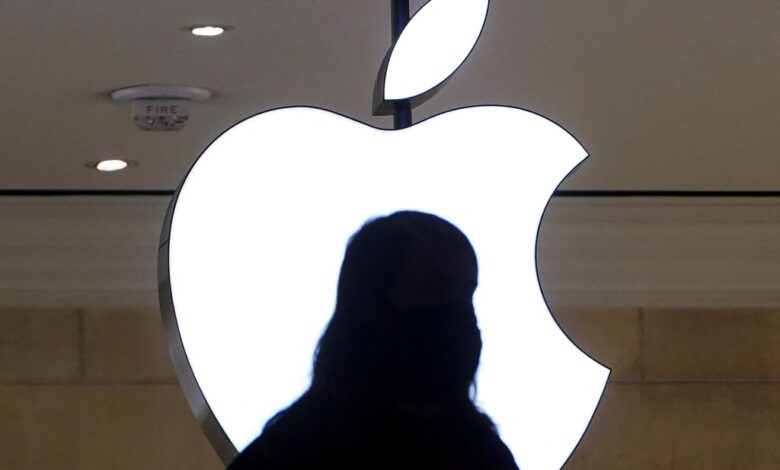Apple to face EU charges for stifling competition with App Store policy: report

Apple is reportedly set to face charges in the European Union for alleged anticompetitive behavior in its App Store — in what would mark the first time EU officials have gone after a Big Tech giant for violating a sweeping digital law.
The European Commission, the EU’s antitrust watchdog, has found that Apple is not in compliance with the Digital Markets Act, which took effect in March and is aimed at tech titans designated as the internet’s “gatekeepers,” the Financial Times reported, citing sources familiar with the matter.
Specifically, Apple violated the DMA’s provisions by charging app developers a fee in order to “steer” customers to make purchases outside the App Store — where the company takes a sizable cut of every sale. Critics have argued Apple’s fees are excessive and stifle competition.
A formal announcement of EU charges against Apple could be made within weeks, the report said.
The sources said the European Commission’s findings are preliminary and that Apple could still avoid charges by altering its business practices to comply with the DMA.
The Post reached out to the European Commission for comment on the report.
Apple did not immediately return a request for comment.
The company’s shares, which hit an all-time high this week, fell less than 1% Friday.
The iPhone maker could face fines of up to 5% of its average daily worldwide turnover — a little more than $1 billion per day — for violations of the law, according to the FT.
The European Commission first announced in March that it was investigating Apple, as well as Google, Meta and Amazon, for potential violations of the Digital Markets Act.
At the time, EU officials said their probe was examining whether Apple’s new compliance plan for the DMA, including its practice of charging app developers a so-called “core technology fee” for access to the App Store, was “defeating the purpose” of the law.

Officials are still weighing whether to pursue charges against other firms, the report said.
EU charges would mark yet another regulatory headache for Apple.
In a separate action in March, European Union regulators hit Apple with a whopping $2 billion antitrust fine for “abusing a dominant position” in music streaming through its App Store practices.
Apple is challenging the penalty.
In the US, the Justice Department recently hit the company with a landmark antitrust suit alleging that it has engaged in anticompetitive behavior to ensure the dominance of its iPhone in the smartphone market.




